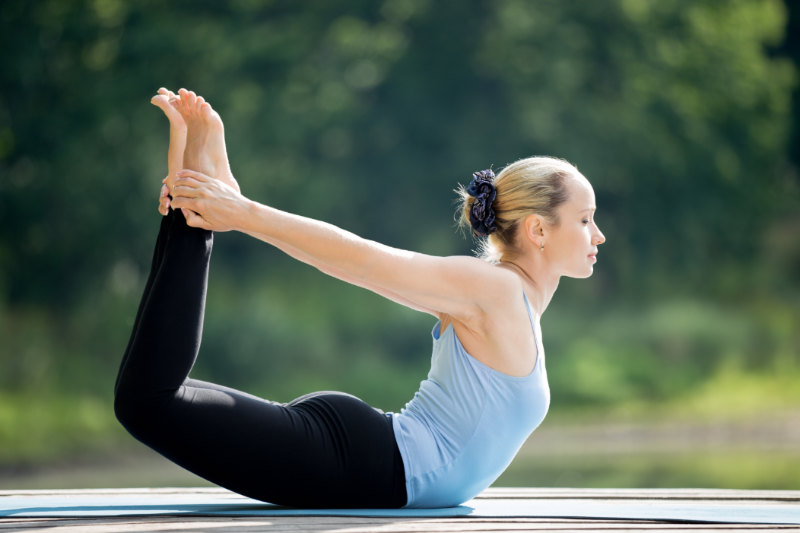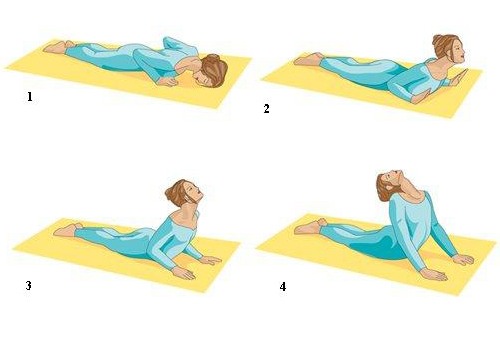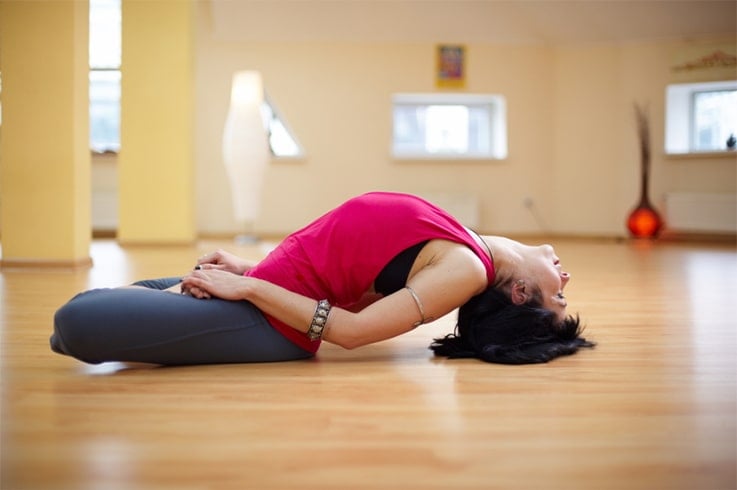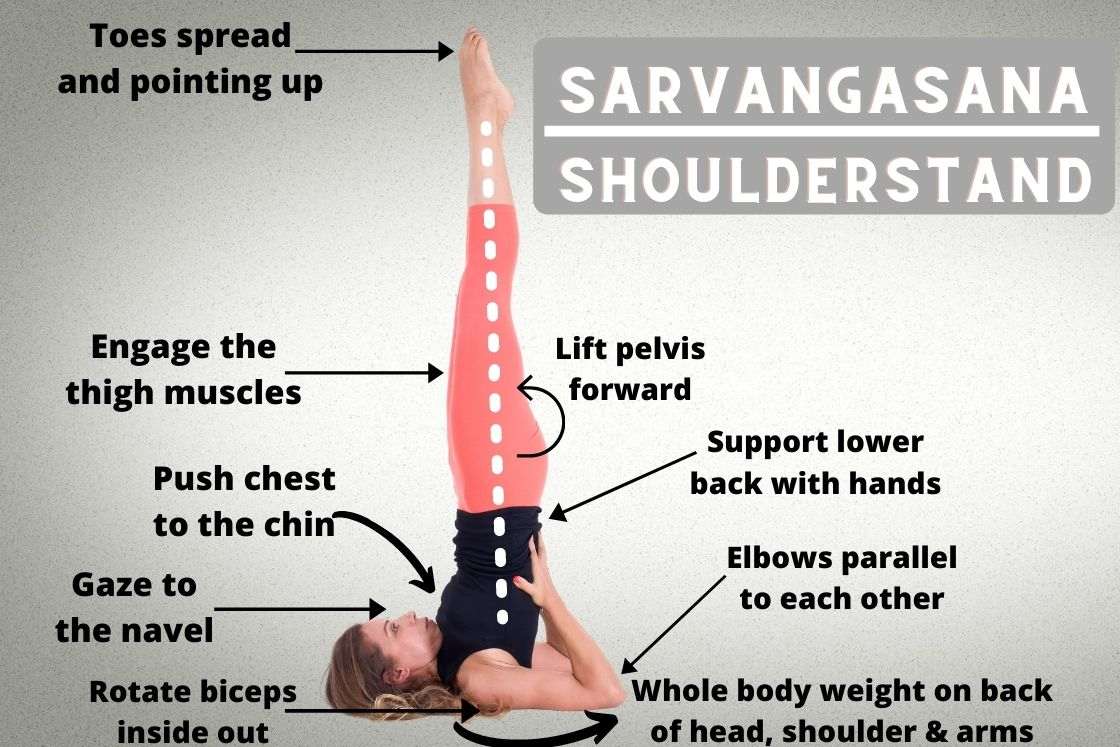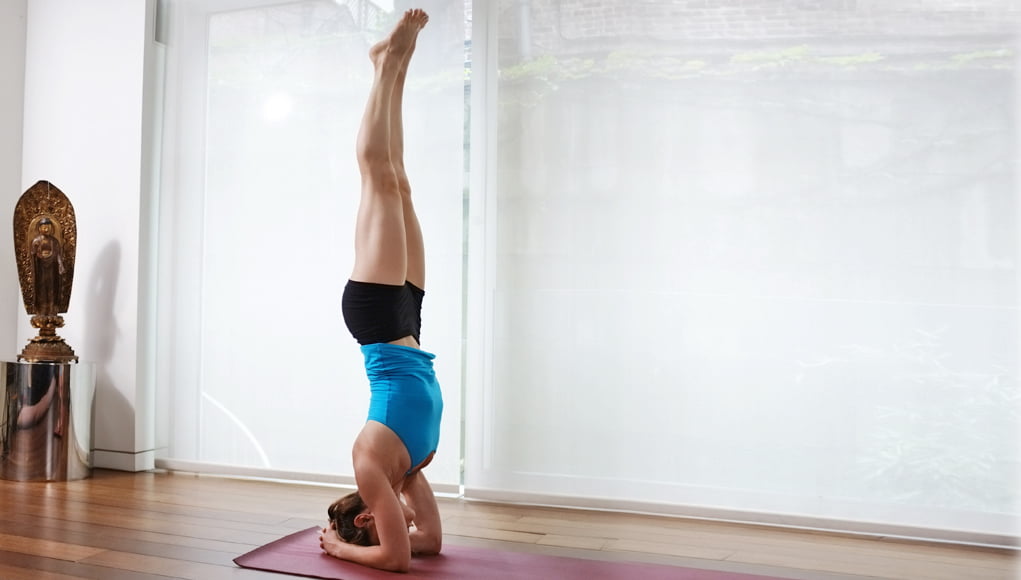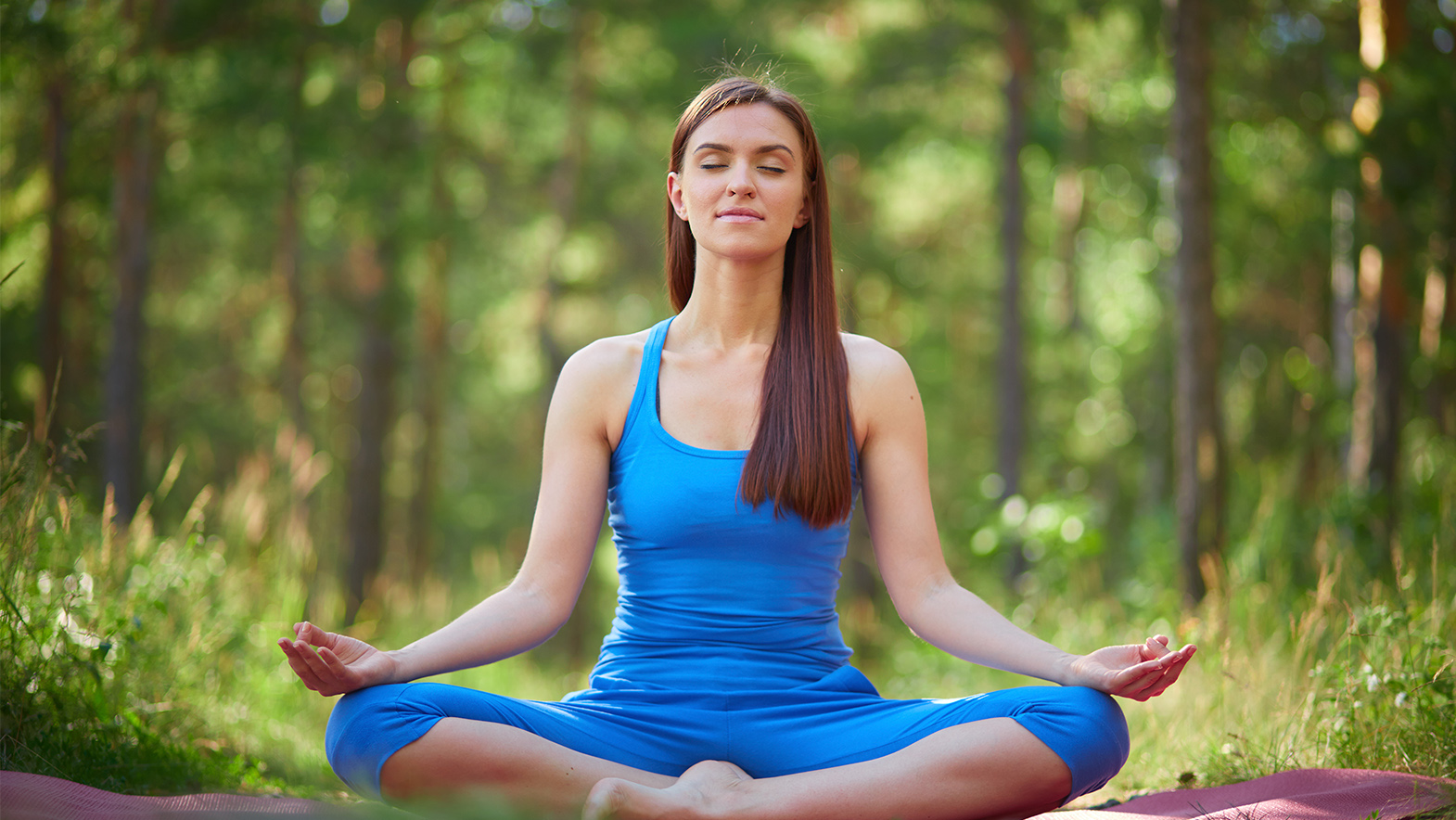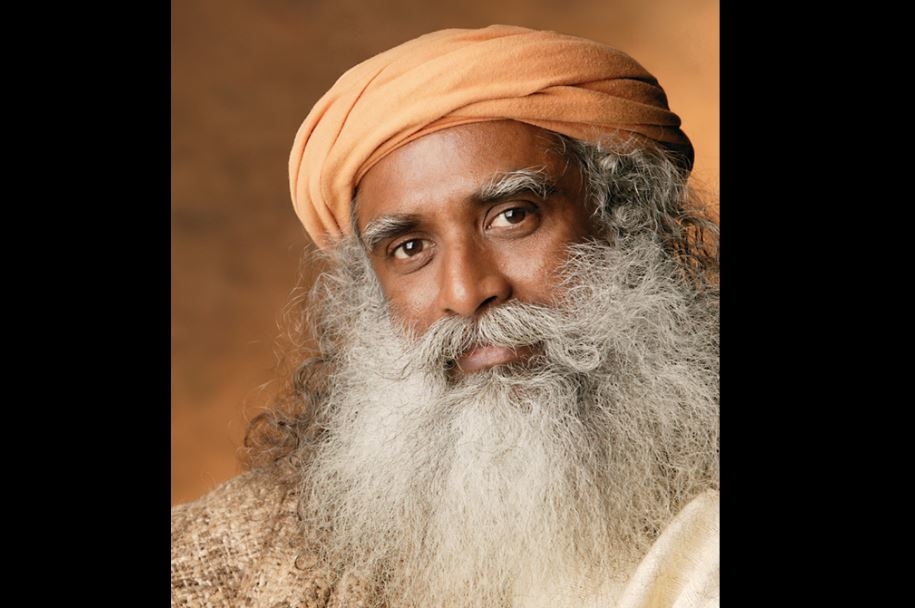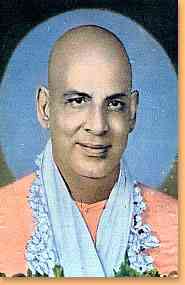DHANURASANA:
Dhanus means a bow in Sanskrit. This is called Dhanurasana because when the full pose is demonstrated, it resembles a bow with a string in it. The hands and the legs represent the string, whereas the trunk and the thighs take the place of the bow.
Steps:
- As you did in the previous two poses, lie on the blanket face down. Relax all the muscles of the body.
- Bend the legs slowly at the knee-joint until the hands catch hold of the ankles.
- Raise the head, chest and knees. Keep the arms and the forearms stiff end straight.
- Try to keep the knees close together.
- Now the whole body rests on the abdomen A good convex arch is formed resembling a bow with a string.
- You can either breathe as usual or retain the breath according to your convenience.
- Remain in this pose as long as you can comfortably do so. When you have done this, lower the knees and the chest first. Then bring the hands and legs down and stretch flat on the ground
Timing:
.
Morning or evening at 5 to 6 pm is the best time to do this
yuga pose. Do this Asana four to six times.
- Asana gives the full benefits of both Bhujangasana and Salabhasana.
- The abdominal region gets a good massage. By rocking and swinging the bow-shaped body from side to side, forward and backward, a thorough massage and exercise to the abdomen is ensured.
- Chronic constipation, dyspepsia,
sluggishness of the liver, rheumatism of the legs, knee-joints
and the hands, gastro-intestinal disorders are all prevented and cured. - Ladies desirous of undergoing a course of slimming will do well to try this Asana first.
- Dhanurasana keeps the spine strong and elastic.
- You will bubble with untiring energy, vigour and vitality. Everlasting youth is yours.
